Archetypal Symbols in Fairytales: The Profane and Magical Worlds
This newly translated volume of the Collected Works of Marie-Louise von Franz, one of the most renowned authorities on fairytales, presents a systematic and wide-ranging approach. Von Franz amplifies a variety of fairytale motifs to show that the magical realm is alien to the profane and mundane realm of ordinary daily life. She was one of Analytical Psychology's most original thinkers and here she presents a lucid, concise exploration of the archetypal symbols found in fairytales.
The Collected Works of Marie-Louise von Franz is a 28 volume Magnum Opus of one of the leading minds in Jungian Psychology. The first volume, Archetypal Symbols in Fairytales: The Profane and Magical Worlds, releases on her 106th birthday, January 4th, 2021 and is to be followed by 27 more volumes over the next 10 years.
Fairytales, like myths, provide a cultural and societal backdrop that helps the human imagination narrate the meaning of life's events. The remarkable similarities in fairytale motifs across different lands and cultures inspired many scholars to search for the original homeland of fairytales. While peregrinations of fairytale motifs occur, the common root of fairytales is more archetypal than geographic. A striking feature of fairytales is that a sense of space, time, and causality is absent. This situates them in a magical realm, a land of the soul, where the most interesting things happen in the center of places like Heaven, mountains, lakes, and wells.
At the age of eighteen, Marie-Louise von Franz was invited to meet Carl Gustav Jung at Bolingen Tower. She immediately recognized that there exist two levels of reality, one outer and the other inner. Within months she had enrolled at the University of Zürich and began attending Jung's lectures at the E.T.H. (Eidgenösiche Technische Hochshule or the Swiss Federal Institute of Technology). Less than a decade after meeting Jung, von Franz had completed her doctorate in classical philology and begun seeing her first analysands. She was a prolific writer, a dedicated teacher and lecturer, and was possessed of a "far-reaching and often non discriminating Eros that accepted everyone seeking help." (Alfred Ribi, MD in Fountain of the Love of Wisdom, Chiron, 2006)
TABLE OF CONTENTS:
Section 1: The Profane and Magical Worlds and their Main Figures
1. The Indefinite Place
2. The Moon
3. The Hole in Earth, the Sky-Hole, and the Cave
4. The Well
5. Water
6. The Island
7. The End of the World
8. The Clashing Rocks
9. The Forest (Woods)
10. The Mountain
11. The Upper and the Underworld
12. The Timeless Realm
13. The Realm of the Dead and the Spirit World
14. The Inhabitants of the Land of the Spirits
15. Ghosts (Spirits) as Demons
Section 2: The Archetypal Figures of the Magical
16. The Daemonic Father
17. The Great Mother
18. The Image of the Daemonic Son [the shadow]
19. The Magical Daughter [the anima]
Bibliography
Index










